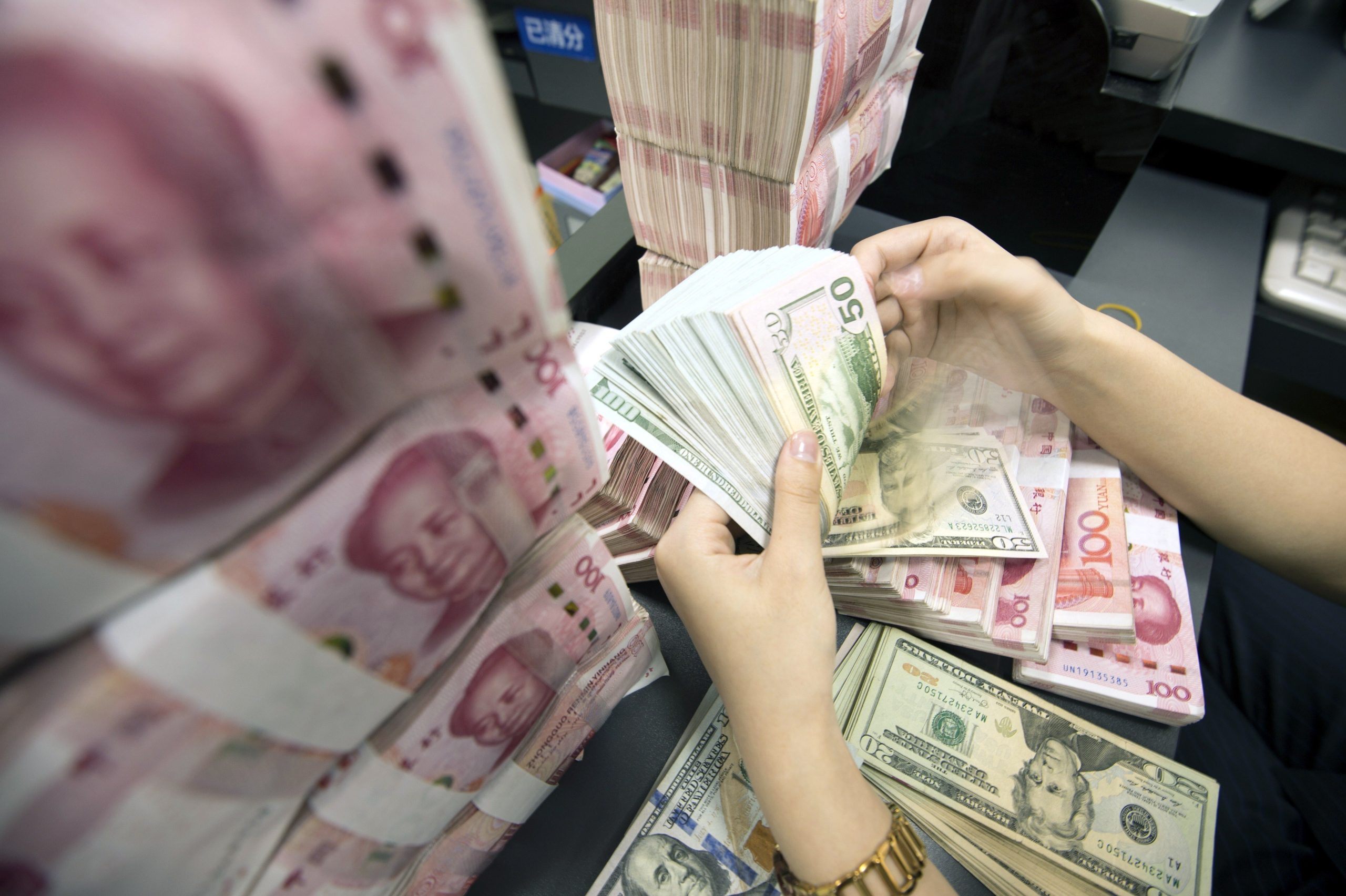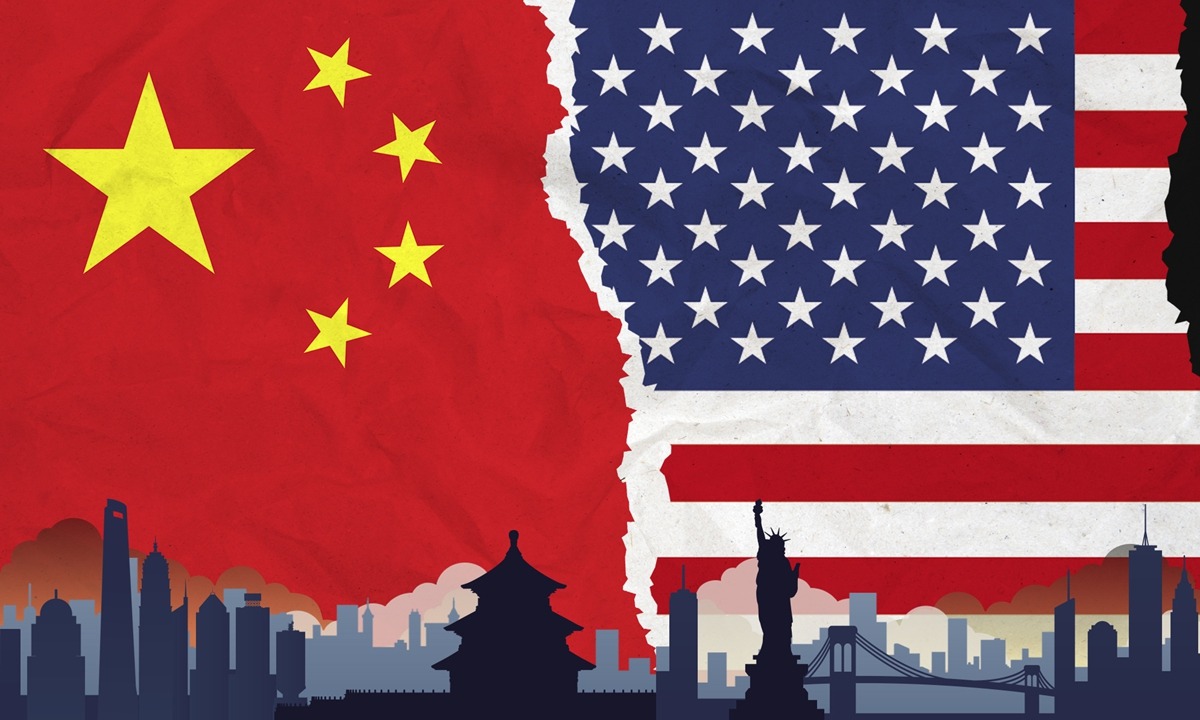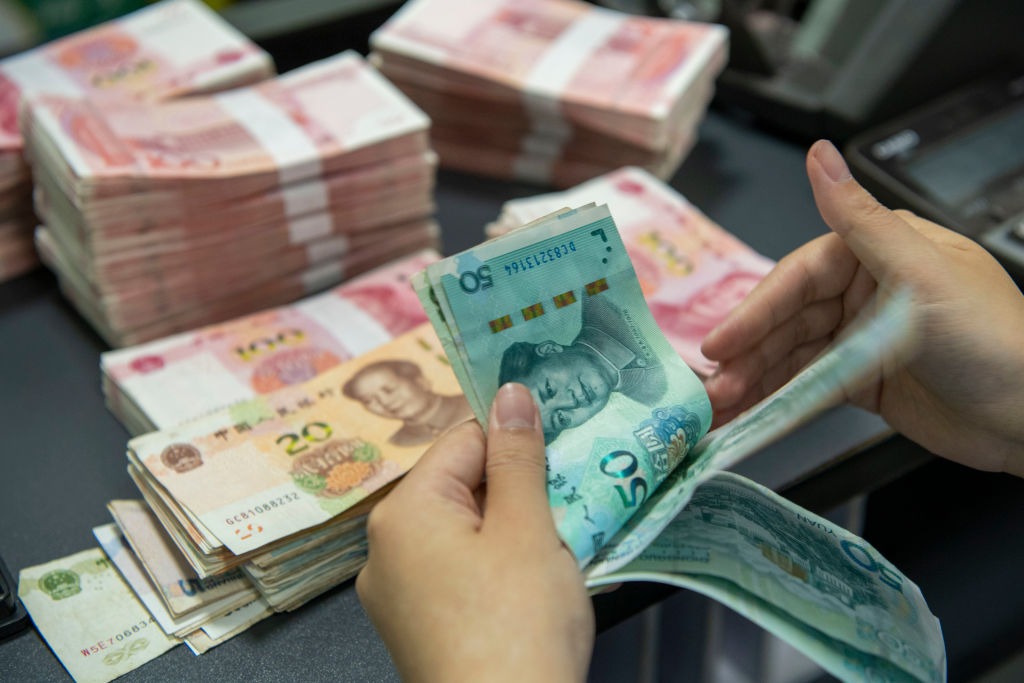he concept of countries defaulting on their sovereign debt is generally considered unacceptable, yet China has defaulted on a portion of its debt to U.S. bondholders, amounting to $1 trillion. The question arises: What can be done about it?
While many members of Congress have expressed concern over China’s default, few have taken concrete action beyond resolutions and letters urging China to honor its debt obligations. This lack of action is often attributed to the influence of financial and business interests with ties to China.
Sen. J.D. Vance (R-Ohio) ‘s initiative stands out. He recently introduced a bill addressing China’s selective default on American bondholders of Chinese sovereign debt. This move aligns with Vance’s track record of bipartisan efforts to hold both Wall Street and China accountable for their actions.

China pay its trillion-dollar debt (Credits: South China Morning)
To understand the importance of Vance’s bill, it’s essential to consider some historical context. Before establishing the People’s Republic of China in 1949, the Republic of China issued sovereign bonds to finance infrastructure projects and governmental activities.
Chinese tax revenues secured these bonds. Despite the change in government, international law holds the successor government responsible for honoring the debts of its predecessors.
There is a precedent for resolving such defaulted debt. In 1987, British Prime Minister Margaret Thatcher negotiated a settlement with China over sovereign bonds owed to British bondholders. This resulted in establishing the PRC Fund, which compensated British bondholders.
Other instances of sovereign debt default can be compared. For example, after the Bolsheviks took power in Russia in 1918, they repudiated all sovereign debt issued by the previous Tsarist government.
Allied powers condemned this action, and eventually, in 1986, the Soviet Union agreed to repay Tsarist-era debt held by UK bondholders in exchange for access to UK capital markets.

China and US (Credits: CNBC)
Vance’s bill seeks to hold China accountable for its default by restricting its access to U.S. capital markets unless it honors its debt obligations to U.S. bondholders. This approach mirrors Thatcher’s firm stance on China’s default.
Given the increasing challenges to the post-war Bretton Woods system and the dominance of the U.S. dollar, China’s default sets a dangerous precedent that could be followed by other emerging nations.
Vance’s bill represents a step in addressing this issue and holding China accountable for its actions. It is crucial for other members of Congress to support these efforts in order to safeguard the integrity of the international financial system.
























